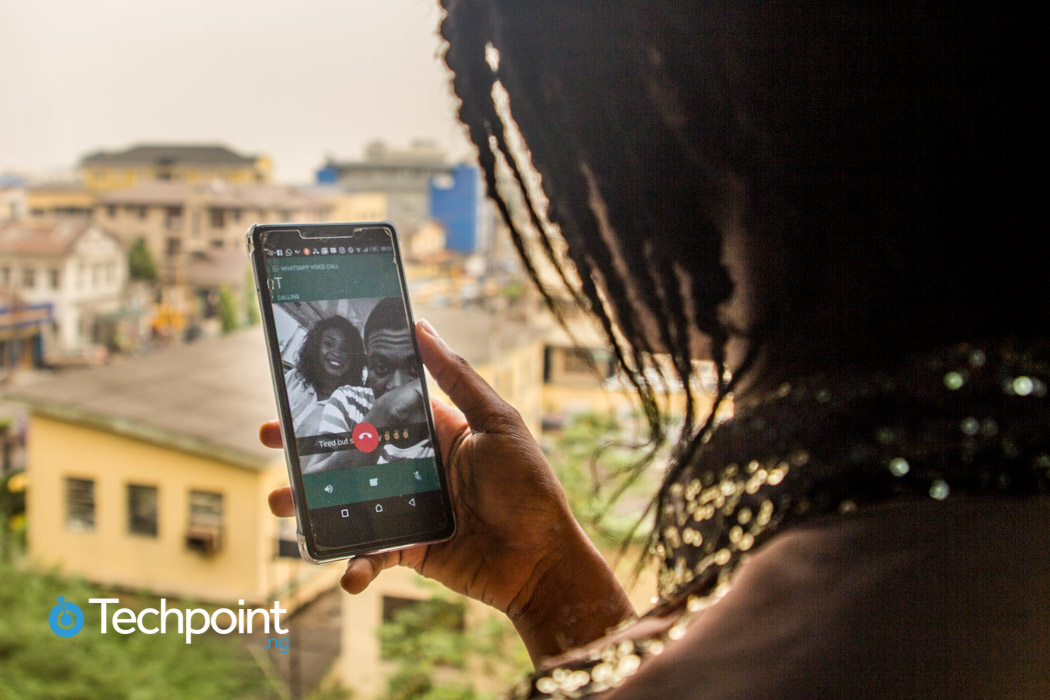Earlier in the week, Toke Makinwa, a popular On Air Personality, posted quite a controversial video online. In the one-minute long video, she openly voiced her preference for phone calls (with the use of airtime), over OTT (Over-The-Top) voice/chat applications.
Apparently, this is not the first time the popular OAP will be linked with controversial topics and, in typical style, this generated quite a buzz on social media.
Whatsapp video call = “awwwww he loves me”
Whatsapp voice call = “he can’t spend his airtime on me?”
You see the retardation yet? No? Okay
— A. Onafuye (@FunkeOnafuye) August 8, 2017
@TobyKelechi broke boys be like “what is she saying?” Some guys, even the first call is via WhatsApp.
— Temitope Odeyinka (@t_odeyinka) August 9, 2017
As if WhatsApp call doesn’t take megabytes, like megabytes come free.. it’s even easier to call on airtime now with all the plenty awoof.
— Chigo (@chigo_tori) August 9, 2017
While she raised salient points in her video, it would probably be flawed on a number of premises; chief among them is the assumption that OTT calls/chats are entirely free.
Granted, there is an underlying assumption that these calls are free because users do not get charged directly from their mobile account. However, calls made via OTT channels are deployed using the network’s infrastructure. In order to get access, users need to have a certain amount of internet data on their devices which they have to pay for.
So, interpreting airtime calls to mean “seriousness of intent” is not only baseless but also may not represent the opinion of the majority (women inclusive). And while Makinwa does sometimes come off to some people as an attention seeker, her rant may just be a timely reaffirmation of where the future of communication in Nigeria — and even Africa, perhaps — is headed.
Already, there’s an ongoing battle between the telcos and OTT channels; from all indication, the latter is winning. According to the NCC, an estimated total of $386 billion loss would accrue over a period of six years — between 2012 and 2018 — from Nigerian customers using OTT voice applications.
As at June 2015, the number of active monthly Nigerian users on Facebook is put at 15 million. If combined with the reach of WhatsApp now, there is no gainsaying that Nigerians are already warming up to this alternative approach to communication. This is also evident in how telcos have been forced into data wars.
But regardless of what may be, some people may feel comfortable using WhatsApp (calls or chat). Others would simply just prefer to call with airtime. However, either form of communication is fraught with its own down times but deciding which to use is something that should border on convenience.






